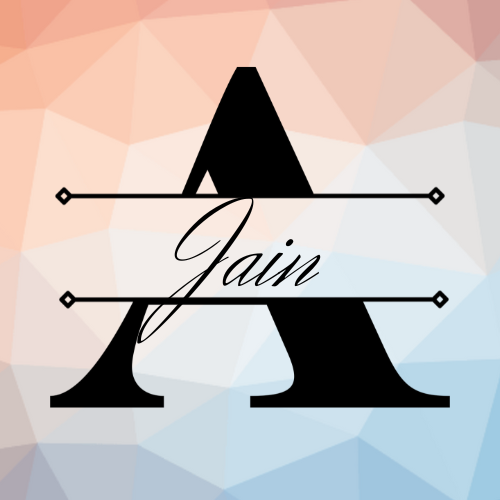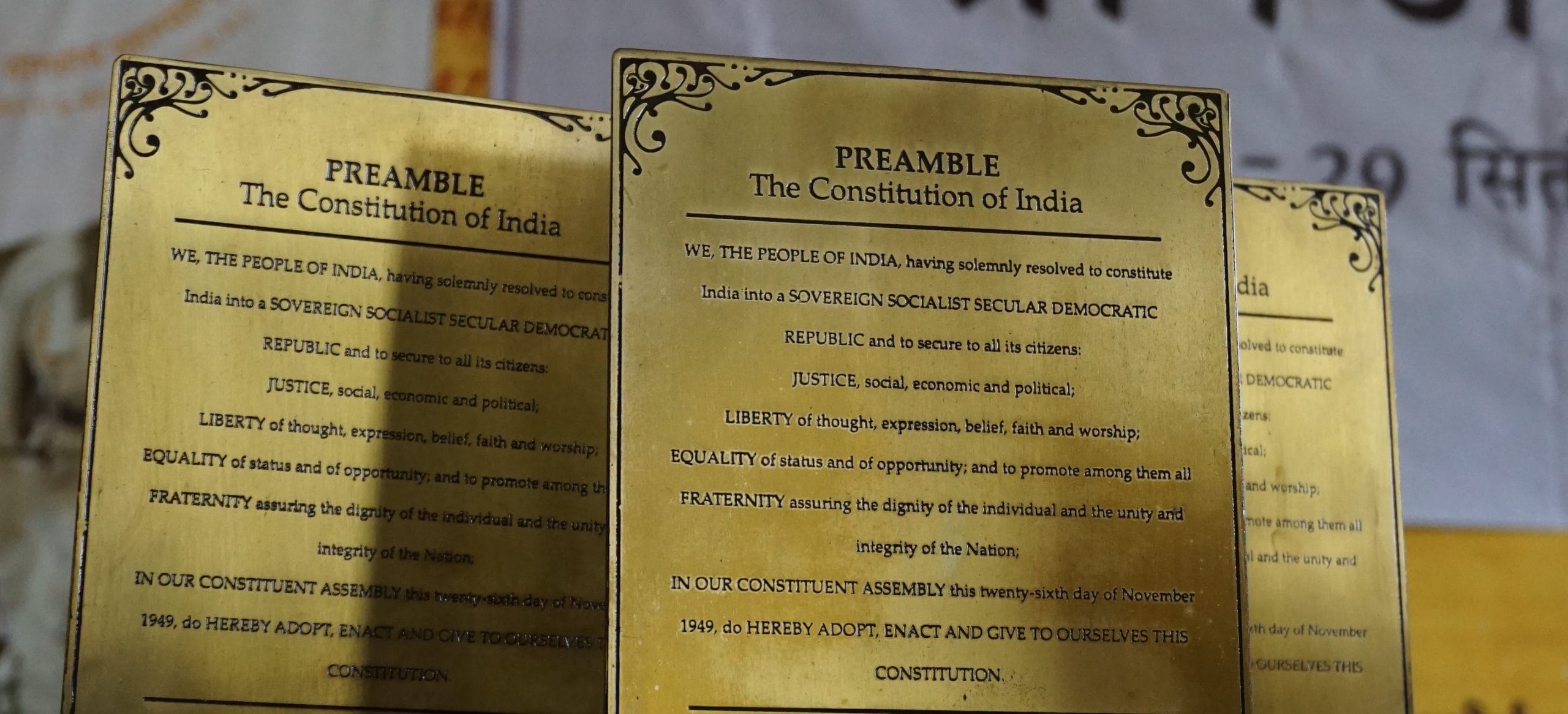The Supreme Court judgment in Gaurav Kumar v. Union of India (further referred to as Advocates’ Enrolment Fee ruling) has brought a significant change in the enrolment process for Advocates in the Bar Council of India. The Court ordered that State Bar Councils (SBC) can no longer charge fees exceeding the amounts specified under Section 24 of the Advocates Act, aiming to make the enrolment process more accessible for new entrants. This judgment is a welcome step, as Bar Council(s) had been charging exorbitant fees for enrolment—fees that, until now, amounted to as much as ₹42,000 across various SBCs. Post-judgment, this fee has been capped at a reasonable ₹750 & around.
While this judgment eases the financial burden on new enrollees, it has created a disparity that impacts those who enrolled just before it came into effect.
Exorbitant Enrolment Fees: A Barrier to Entry
Admission on the roll of advocates is a pre-requisite for any individual intending to practice law in India. Until this decision, the Bar Councils had been collecting fees under various heads like application form fees, processing fees, administrative fees, etc. The Court has now clarified that all these miscellaneous fees collected during enrolment fall under the definition of “enrolment fee” as per Section 24(1)(f). Therefore, the total fee charged at the time of admission cannot exceed the enrolment fee prescribed in the Act.
The Court observed that the practice of charging excess fees by State Bar Councils violated Article 14, the right to Equality and Article 19(1)(g), the right to Profession under the Constitution of India.
No Retrospective Relief: A Case of Inequality
However, one key limitation of the Advocates’ enrolment fee judgment is that it applies only prospectively. Hereunder the Supreme Court clarified that the decision does not require the SBCs to refund the excess fees collected prior to the date of this judgment (para 109). This may have avoided the administrative complexities of a retrospective effect but has left recent enrollees at a distinct disadvantage.
Take, for instance, the Bar Council of Madhya Pradesh, which enrolled around 400 advocates on July 29, 2024—just one day before the judgment. Each of these enrollees was required to pay the inflated enrolment fee of ₹23,000 as per the norm in the state. This difference is stark and has imposed an unfair financial burden on Advocates who enrolled in the same year, or even the same month, as those benefiting from the new fee structure.
This discrepancy raises significant concerns about inequality. It seems more like those who enrolled earlier to start practising or maybe not lose eligibility for the All India Bar Examination paid the cost of being on time.
While the Court’s decision to avoid retrospective relief is understandable to prevent administrative chaos, it is crucial to consider the unfairness experienced by recent enrollees who, due to the timing of the judgment, had no choice but to pay an exorbitant fee. This sudden disparity impacts both their financial burden and their standing within a profession grounded in fairness and equal treatment.
Looking Forward
The Supreme Court’s judgment on the advocates’ enrolment fee is a commendable step toward making the legal profession more accessible. However, for advocates who enrolled just before the ruling, the disparity is a genuine concern. An alternative solution—such as a partial refund or equitable adjustment—would have honored the intent of the judgment while also ensuring fairness for those who narrowly missed the revised fee structure.
In a profession built on principles of justice & equity, this judgment undeniably paves the way for a fairer enrolment process in the future, but addressing the current disparity will further strengthen its positive impact and uphold the values central to the legal profession.

